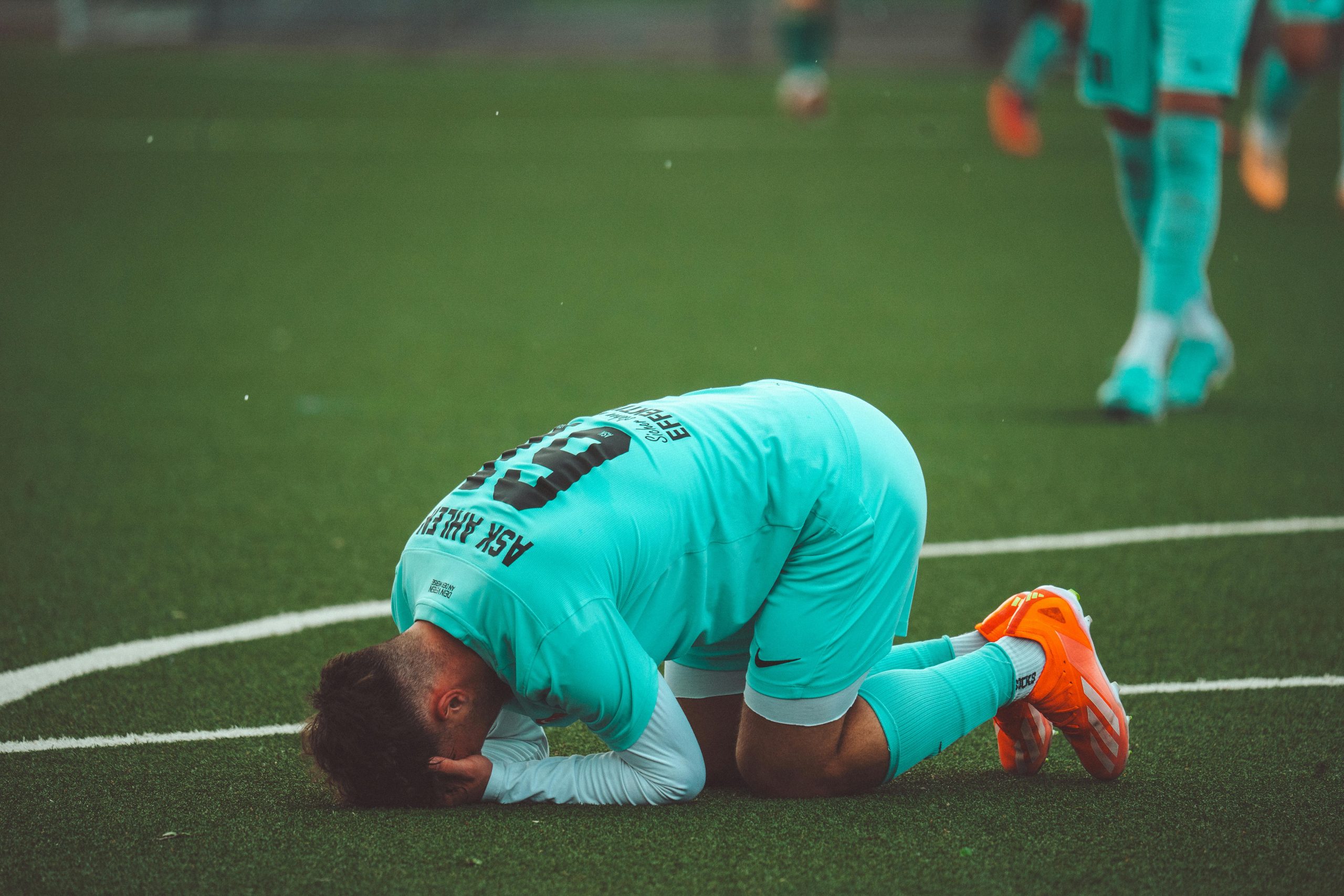Mental Toughness & why YOU need it
Skill and physicality are essential, but the ability to stay focused & resilient in the face of adversity is what separates good athletes from great ones.

For young athletes aiming to reach the top, mental toughness can make all the difference. Often regarded as one of the most important attributes for success in sports. But what is it and how can it be developed?
What is Mental Toughness?
Mental toughness refers to an athlete’s ability to maintain focus, stay calm under pressure, and continue performing at a high level even when faced with challenges, adversity, or setbacks. It involves emotional control, resilience, and a strong mindset that helps athletes push through difficult moments, whether in practice, competition, or in their personal lives.
In sports, mental toughness is the difference between being able to handle high-pressure situations—such as the final moments of a close game or a critical match—and succumbing to stress or self-doubt. Athletes with mental toughness are not only able to recover quickly from setbacks but also use those setbacks as learning experiences that drive them to work even harder.
How you can improve it
- Set Clear, Achievable Goals
- One of the best ways for young athletes to develop mental toughness is by setting clear, achievable goals. Setting both short-term and long-term goals helps athletes stay focused and motivated, even when things get tough. Achieving these goals, no matter how small, builds confidence and teaches athletes the value of hard work and perseverance
- Embrace Failure as a Learning Opportunity
- Every athlete experiences failure at some point, whether it’s losing a game, missing a shot, or not reaching a personal best. What separates mentally tough athletes is their ability to bounce back from failure and view it as a learning opportunity rather than a defeat.
- Young athletes should be encouraged to reflect on their mistakes, identify areas for improvement, and view setbacks as part of the journey toward success. A failure is not a permanent reflection of ability; rather, it is a chance to learn, grow, and become stronger.
- Develop positive self-talk
- Positive self-talk plays a huge role in building mental toughness. The way athletes speak to themselves can either build their confidence or contribute to self-doubt. Mentally tough athletes are aware of their inner dialogue and actively work to keep it positive and constructive.
- Young athletes should practice replacing negative thoughts—like “I can’t do this” or “I’ll never be good enough”—with positive affirmations, such as “I am capable” or “I can handle this.” This shift in mindset helps athletes stay confident and focused, especially during stressful situations.
- Stay Calm under pressure
- Mental toughness is largely about staying calm under pressure. Young athletes can improve their ability to stay calm by practicing mindfulness techniques, such as deep breathing and visualisation. These practices help athletes regulate their emotions, stay focused on the task at hand, and block out distractions. Regularly practicing these skills in training can make it easier to apply them during high-pressure moments in competition.
- Be consistent, build resilience
- Like any skill, mental toughness improves with consistent practice. Athletes who routinely push themselves out of their comfort zones in training develop resilience. This means enduring tough workouts, accepting challenges, and constantly striving to improve, even when things don’t go as planned.
- Young athletes should seek opportunities to challenge themselves in their sport. Whether it’s increasing the intensity of their training, competing against stronger opponents, or trying new techniques, stepping outside their comfort sone will help them develop the resilience needed to overcome obstacles in their sport.
- See success
- Visualisation is a powerful tool that can help young athletes build mental toughness. By visualising success, athletes can create a mental image of success that boosts confidence and prepares them for real competition.
- Athletes can take a few moments before training or competition to close their eyes and mentally rehearse their performance. This mental preparation helps athletes stay focused and motivated, making it easier to perform under pressure.
- Stay focused on the process, not just the outcome
- Mentally tough athletes focus on the process rather than obsessing over the outcome. Instead of worrying about winning or losing, they focus on performing their best, sticking to their training plan, and improving their skills.
- Young athletes can learn to stay focused on the journey rather than just the destination. By appreciating the effort and progress that comes with each training session or competition, they can avoid being overwhelmed by the pressure to win and instead cultivate a mindset that fosters growth and improvement.
Mental toughness is a vital trait for any young athlete who wants to excel in their sport. While talent and hard work are essential, the ability to stay focused, resilient, and calm under pressure separates the best athletes from the rest. By setting clear goals, embracing failure as a learning experience, practicing positive self-talk, staying calm under pressure, and building resilience through consistent practice, young athletes can develop the mental toughness needed to thrive in their sport. With time and dedication, they can unlock their full potential and achieve greatness.